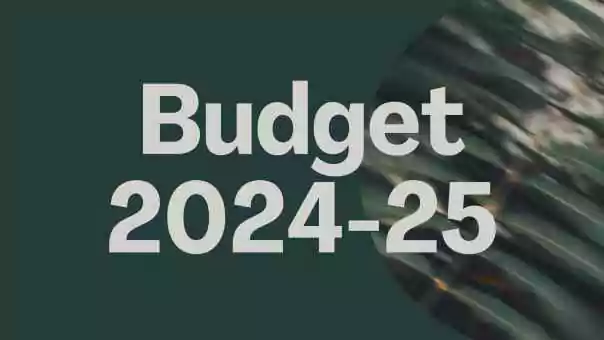Islamabad, June 28, 2024 – The National Assembly on Friday approved the budget for fiscal year 2024-25, presented by the ruling Pakistan Muslim League-Nawaz (PML-N).
The approval for the budget comes as Pakistan braces for further discussions on a new bailout with the International Monetary Fund (IMF) to avoid a debt default amid sluggish economic growth, the slowest in South Asia.
The tax-heavy finance bill was introduced through budget 2024-25 two weeks ago by Finance Minister Muhammad Aurangzeb, sparking criticism from opposition parties and business entities over increased government expenditures and limited fiscal space for economic expansion. Despite the contention, the ruling alliance, led by Prime Minister Shehbaz Sharif, successfully pushed the bill through parliament. The Pakistan Peoples Party (PPP), PML-N’s main coalition partner, initially disagreed with some budgetary measures but eventually announced its support earlier this week.
Addressing the National Assembly, Finance Minister Aurangzeb emphasized positive economic indicators. “Our current account deficit has decreased significantly, the fiscal deficit is under control, and the currency has stabilized,” Aurangzeb stated. “The inflation rate has lowered from 38% to 11%. The economy has stabilized, and we are continuing with this stability to achieve further growth.”
Aurangzeb underscored the unsustainable nature of the current tax-to-GDP ratio of 9.5%, stressing the need to increase it to 13% within three years. “If it were up to me, I would immediately end the category of non-filers,” he said. “We have taken important steps for next year and have increased tax rates to punitive levels so that non-filers are compelled to pay taxes.”
Policymakers have set an ambitious tax revenue target of Rs13 trillion ($46.66 billion) for the year starting July 1, marking a 40% increase from the current year. This move is crucial for securing a potential IMF loan program of $6 billion to $8 billion. The budget, presented on June 12, includes a 48% increase in direct taxes and a 35% rise in indirect taxes over revised estimates for the current year. Non-tax revenue, including petroleum levies, is projected to surge by 64%.
Specific measures include raising the tax to 18% on textile and leather products, as well as mobile phones, and increasing the tax on capital gains from real estate. Workers will also face higher direct taxes on income. Opposition parties, particularly those aligned with jailed former Prime Minister Imran Khan, rejected the budget, labeling it as highly inflationary.
Pakistan aims to reduce its fiscal deficit to 5.9% of GDP in the new financial year, down from an upwardly revised estimate of 7.4% for the current year. However, the central bank has warned of possible inflationary effects due to limited progress in structural reforms to broaden the tax base, necessitating increased revenue through higher taxes.
The growth target for the upcoming year has been set at 3.6%, with inflation projected at 12%. As Pakistan navigates these fiscal adjustments, the government’s approach will be crucial in managing economic stability and securing international financial support.
